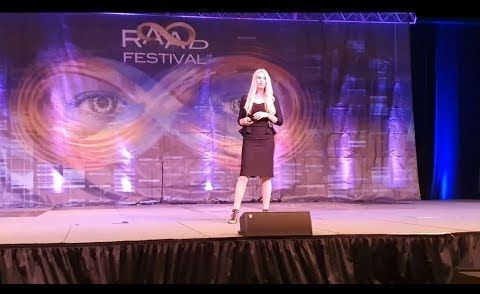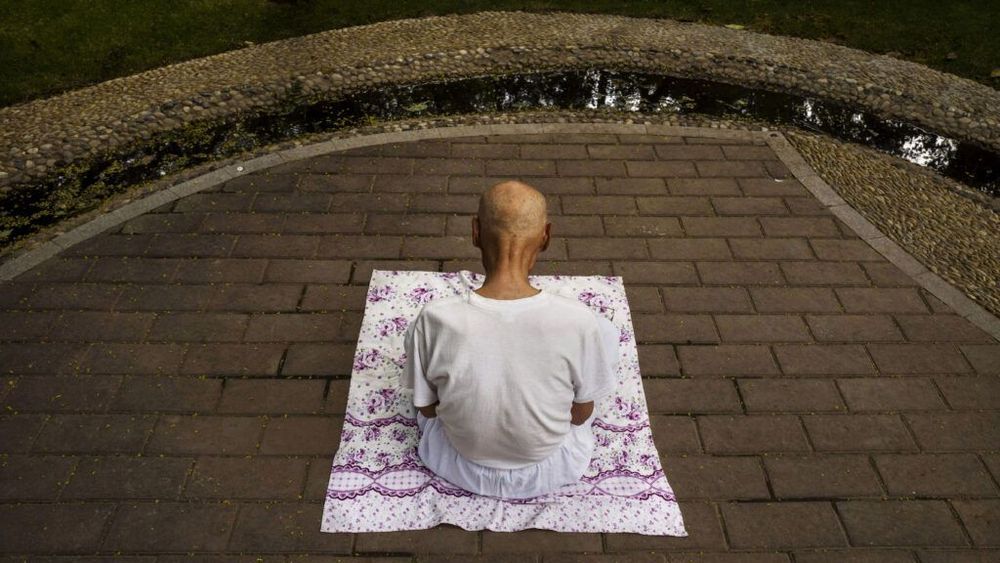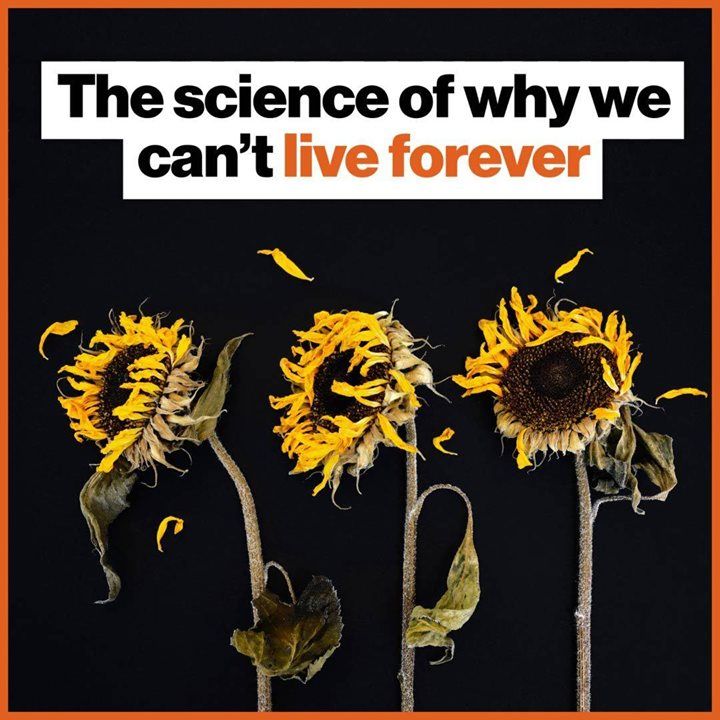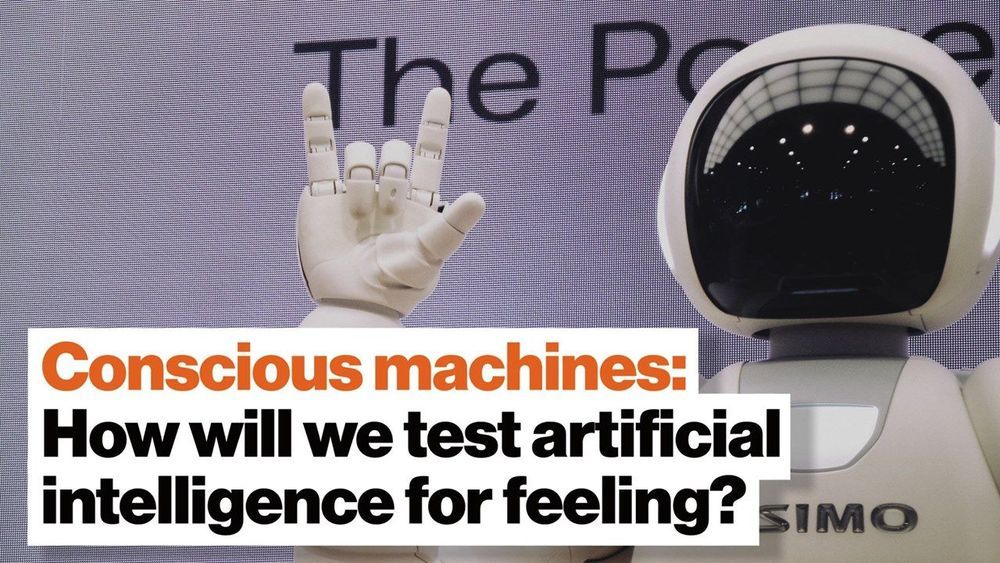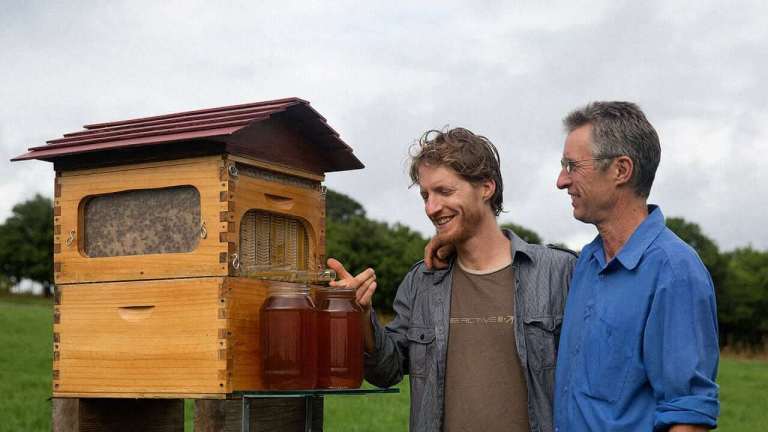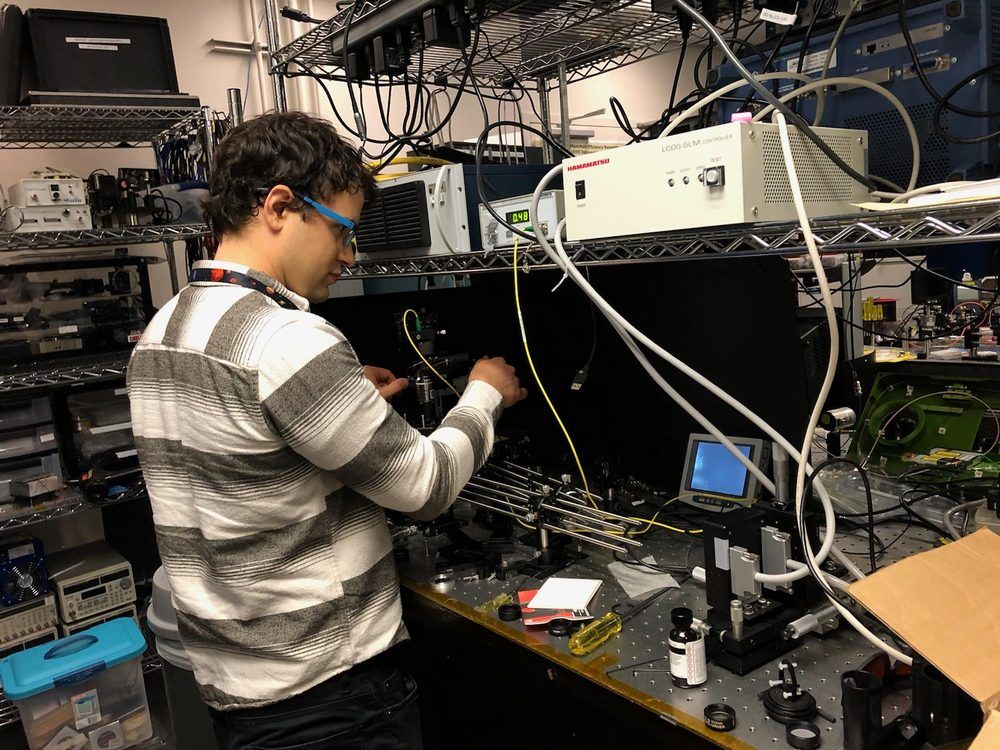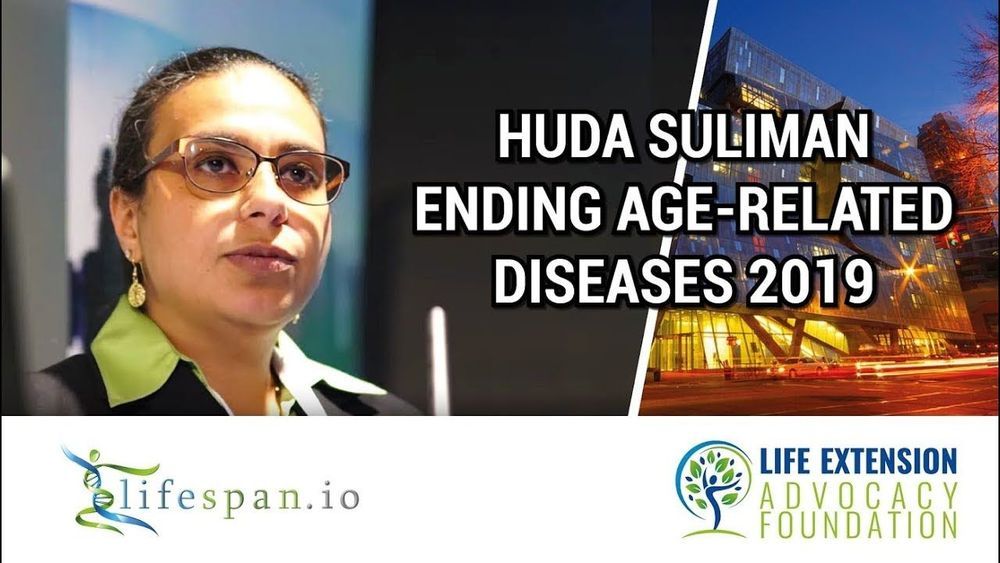Oct 24, 2019
Liz Parrish conference at RAADfest 2019 (05-Oct-2019)
Posted by Paul Battista in categories: biotech/medical, genetics, life extension
Hayley Harrison sent me this video taken-filmed by Andrés Grases and posted it to Youtube… I know for a certainty that Gene therapy will not increase Life span into 125 or beyond years due to the Animal Eukartyotic cell of the earth having a plague that infects all cells into mutation and early cell death.
This year I had the privilege to record in full Liz Parrish talk delivered at RAADfest 2019 (Revolution Against Aging and Death Festival 2019), which took place in Las Vegas, NV from 3 to 6 of October.
Continue reading “Liz Parrish conference at RAADfest 2019 (05-Oct-2019)” »
